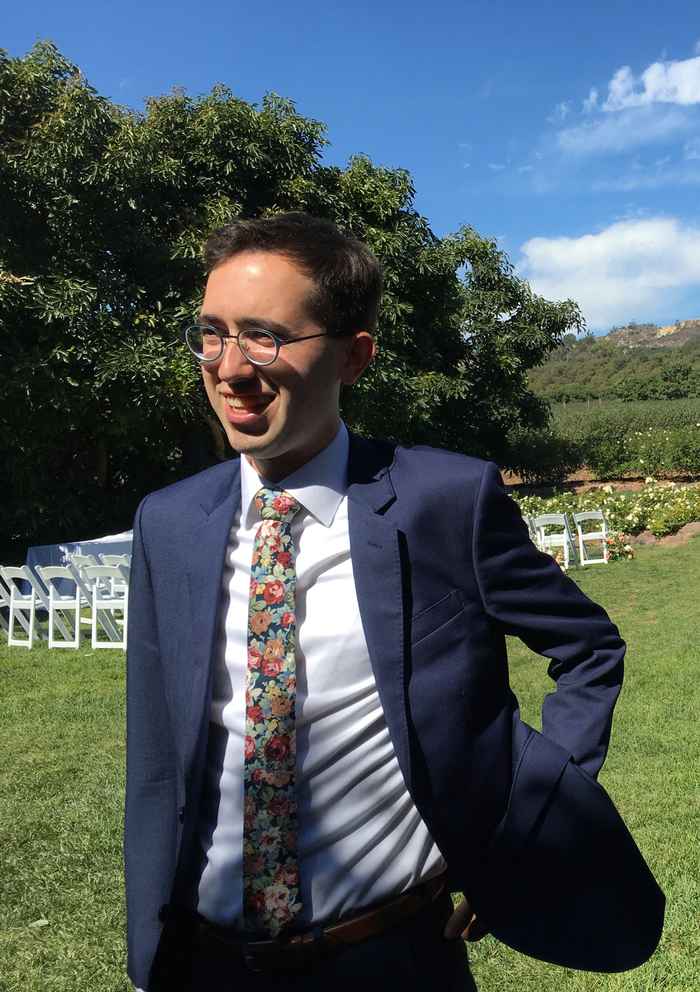Vossius Research Fellow Teddy Delwiche
7 September 2023

About the project
If we believe the jeremiads from professors and pundits, the humanities these days are an endangered species, just one step away from extinction. Departments, especially classics ones, are shuttering. Jobs have dried up, graduate cohorts shrunken, and undergraduate majors slashed. Horace’s famed lament has taken on marked significance: the .com bubble of the late 90s devastated the humanities, a situation made worse by the financial crisis of 2008, and rendered yet bleaker during the ongoing pandemic since 2019. Mala, peiora, pessima. Gone are the good old days, it seems, when men and women studied classical works and society appreciated its humanists. Roman and Greek literature, once the supposedly unchallenged center and compass of all knowledge, have simply lost their primacy.
This nostalgic sense of decline, in sometimes subtle and sometimes stark ways, lurks behind the dominant historical narratives of the classics and the humanities in the United States. At least among circles of twentieth-century classicists, to study the discipline of yesteryear was to implicitly praise early American devotion to the subject matter and to reproach contemporary inattention. Even as time has passed and attitudes altered, the core tenets of classical reception in America have remained largely the same. Ironically, as classicists today increasingly come to terms with their field’s history, actively working to reveal the exclusionary valence of concepts like “tradition,” they operate with some of the same assumptions as their predecessors who celebrated such quantities and rued their demise. In short, they too take it for granted that ancient wisdom was once considered the hegemonic, supreme badge of wisdom in centuries past. Now, as then, such assumptions are a detriment to the understanding the past and present place of Latin and Greek in historical curricula and culture.
This dissertation will reframe the narrative of (classical) knowledge in early America, dispelling tired myths about antiquity’s uncontested place in the colonial past that have animated both old-school elites and contemporary critics. From the very inception of schools in New England in the 1630s, Latin and Greek instruction stood out as a hotly contested and fiercely debated course of study. Even as these branches of the humanities dominated much time in the classroom and space in the mind, this knowledge always still had to be negotiated, probed for its value, investigated for its efficacy, and, often, scolded for its failures.
In broad strokes, this is the intellectual battle I hope to explore, one which is not just about disenchanted, disgruntled elites expecting too much from the world while giving too little. This project will examine the cultural valence of classical education among many social groups: the fathers who worried about the future standing of their sons; the mothers who bore the brunt of first teaching their children reading and writing; the daughters and sisters denied access to schools and universities for much of the period but yet some of whom still pursued self-study, often in letters to their brothers; the young women who attended co-ed or all-girls academies in early national America; the Native American youth for whom, at least nominally, many grammar schools and colleges had been set up; and even the students and teachers of the little studied Codrington College/Grammar School on the island of the Barbados.
Furthermore, there is no reason that the questions cutting at the core of this project would ever only interest intellectual elites. What is the value of a classical or humanities education? What can or should be expected of learning in general? How much should towns and citizens support schooling? When and how do certain forms of knowledge become obsolete? Does university training really service the state? These were inquiries urgent in early America – and which remain urgent now. Tracing the contours of this debate from the first founding of the American colonies through roughly the beginning of the 19th century (ending before the famed Yale Report of 1828) and digging into troves of never before examined or translated manuscripts (student and teacher diaries, letters, commonplace books, orations, disputations, declamations, and marginalia, among others), this dissertation aims to fundamentally reorient our understanding of the classics and education in early America.
About the researcher
Theodore (Teddy) R. Delwiche is a PhD candidate in history whose research interests lie at the intersection of early modern European intellectual history, colonial America, and classical reception studies. He is particularly interested in the historical practices and purposes of classical education, the history of the book, history of the humanities, and the history of knowledge more broadly.
For the coming (2023-2024) academic year, Teddy is finishing and defending his dissertation, "The Contested Classics: Education in Early North America, 1630-1830.” In 2023, he will be a visiting fellow at the University of Amsterdam’s Vossius Center for the History of the Humanities and Sciences. And in spring 2024, he will begin as a three-year postdoc at the Center for American Studies at the University of Heidelberg.